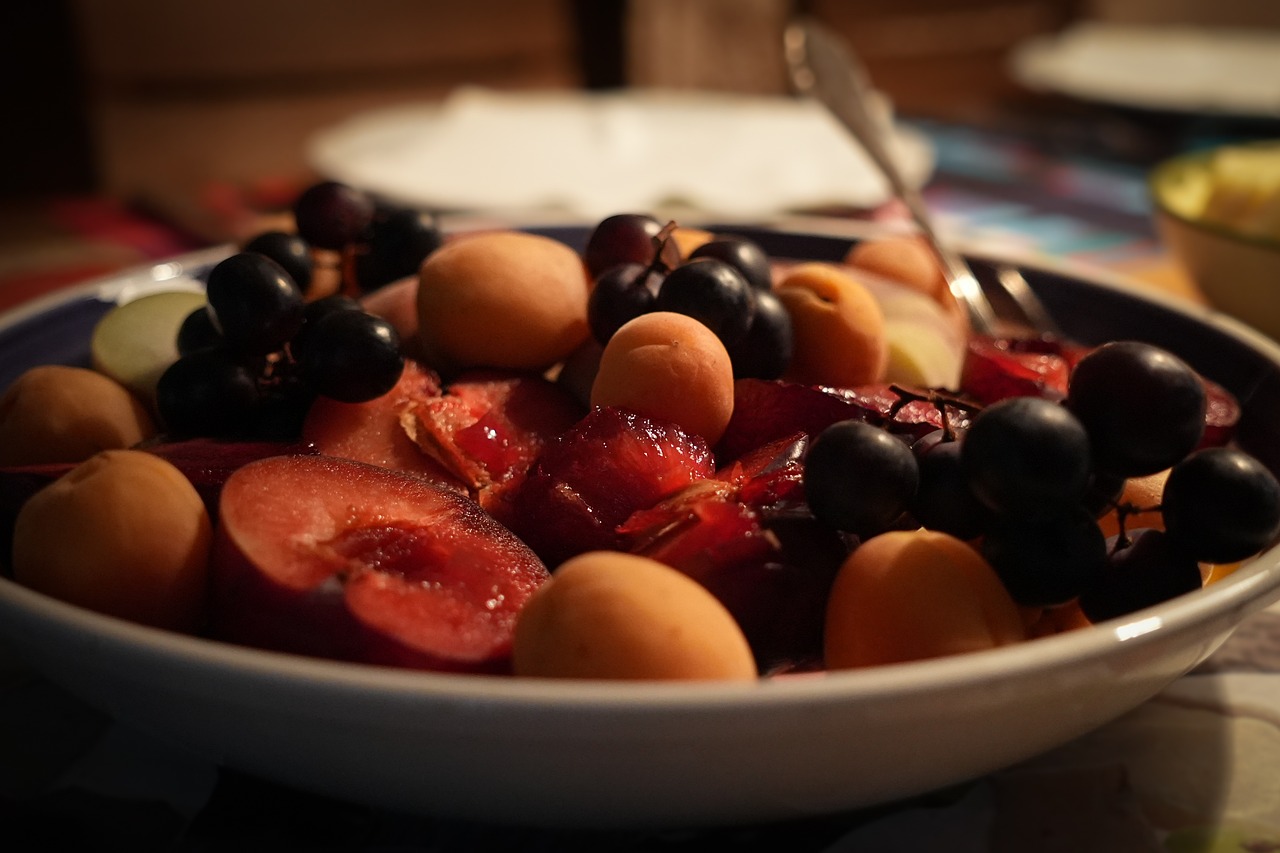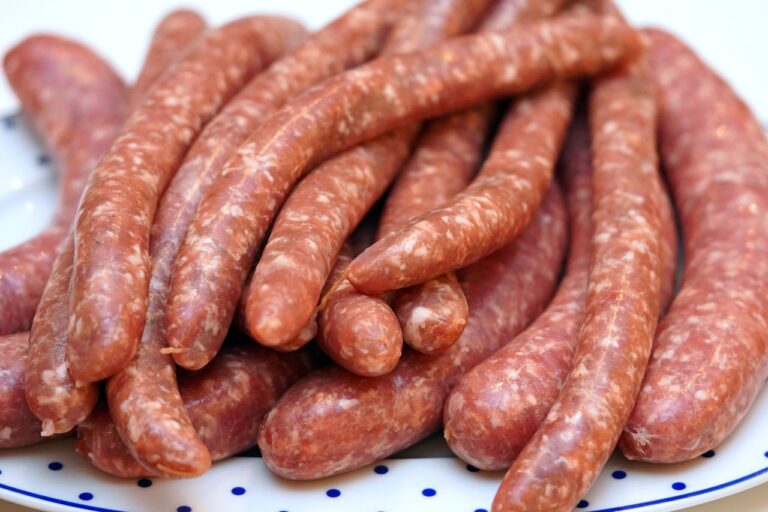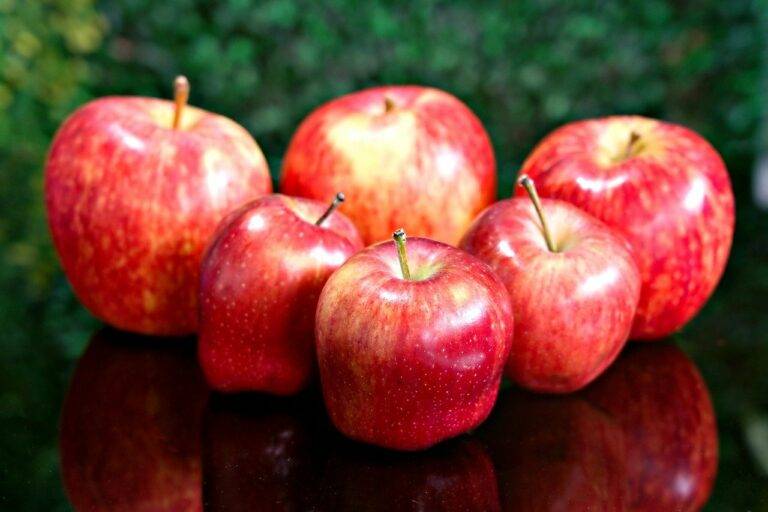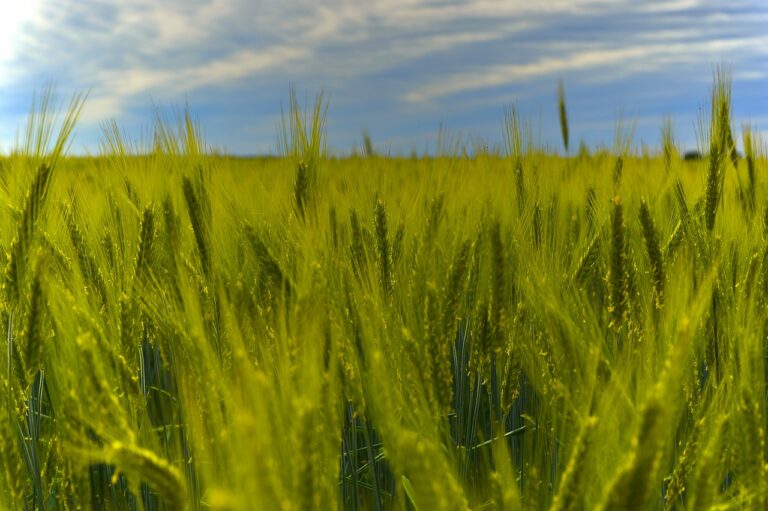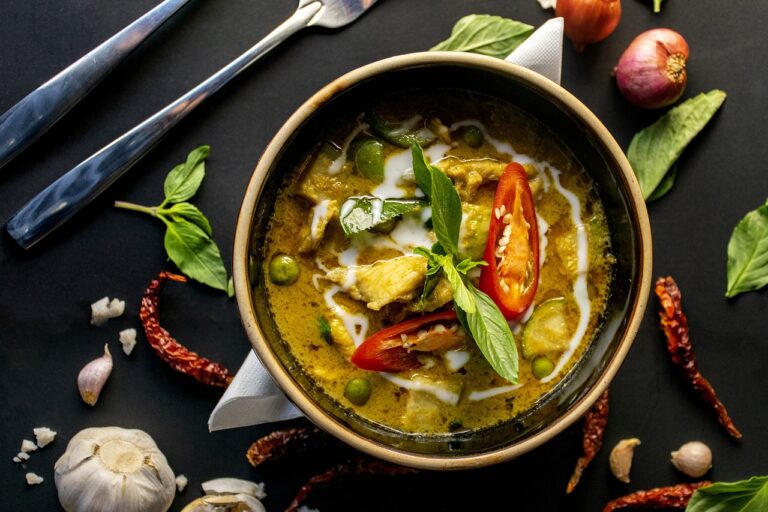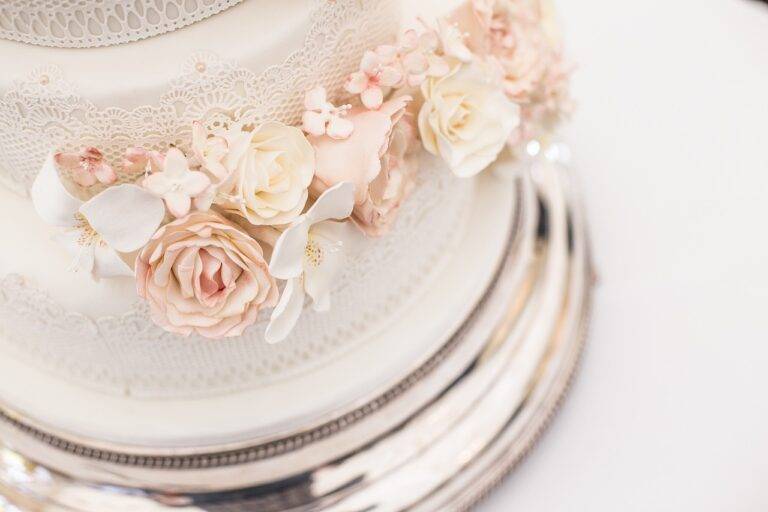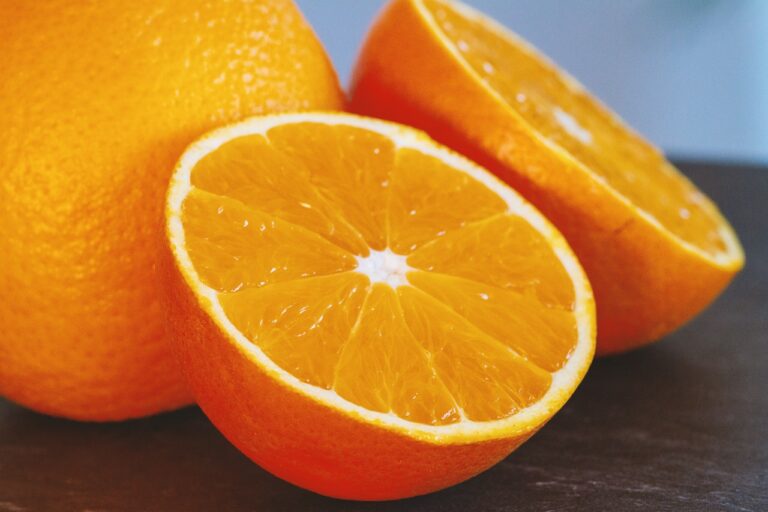The Role of Botanical Infusions in Modern Spirits: Creating Complex and Unique Flavor Profiles
sky247login, 11xplay, playexch 99:Botanical infusions have been a part of spirits production for centuries, but their role in modern distilling has taken on new significance in recent years. By incorporating a variety of botanical ingredients into their recipes, distillers can create spirits with complex and unique flavor profiles that set them apart from the competition. In this article, we’ll explore the importance of botanical infusions in modern spirits production and how they contribute to the creation of innovative and exciting new products.
The Art of Infusion: What Are Botanicals?
Botanicals are natural ingredients derived from plants, flowers, herbs, fruits, and spices that are used to flavor spirits. Common botanicals include juniper berries, coriander seeds, citrus peel, cinnamon, and many others. These ingredients are typically steeped in alcohol to extract their flavors and aromas, creating a botanical infusion that is then blended with other spirits to create the final product.
The use of botanicals in spirits production dates back to ancient times when distillers would incorporate local herbs and spices into their recipes to add flavor and complexity to their spirits. Today, botanical infusions are a key component of many modern spirits, including gin, absinthe, and flavored vodkas.
Creating Complex Flavor Profiles
One of the main benefits of using botanical infusions in spirits production is the ability to create complex and layered flavor profiles that are difficult to achieve through other methods. By combining a variety of botanical ingredients, distillers can create spirits that are rich, aromatic, and full of nuance.
For example, gin, which is traditionally flavored with juniper berries and other botanicals, can take on a wide range of flavors depending on the specific combination of ingredients used. Some gins are citrus-forward, while others may have notes of spice, floral, or herbal undertones. By experimenting with different botanicals and ratios, distillers can create gins that appeal to a wide range of tastes and preferences.
In addition to adding flavor, botanical infusions can also contribute to the overall sensory experience of a spirit. The aromas of botanical ingredients can evoke memories, emotions, and associations that enhance the enjoyment of the drink. For example, the scent of lavender in a gin may remind someone of a sunny day in the countryside, while the aroma of cardamom in a vodka may bring to mind exotic spices and far-off places.
The Rise of Craft Spirits
In recent years, there has been a growing interest in craft spirits, with consumers seeking out unique and small-batch products that offer something different from mass-produced brands. Botanical infusions play a key role in the craft spirits movement, allowing distillers to create products that are innovative, experimental, and full of personality.
Craft distillers are known for their creativity and passion for pushing boundaries, and botanical infusions provide them with a wide range of possibilities for creating distinctive and memorable spirits. By sourcing high-quality ingredients, experimenting with new combinations, and focusing on small-batch production, craft distillers can create spirits that stand out in a crowded marketplace.
In addition to appealing to consumers’ desire for unique and authentic products, craft distillers also benefit from the flexibility and versatility of botanical infusions. Unlike larger and more established brands, craft distillers can quickly adapt to changing trends and consumer preferences by experimenting with new botanicals, flavors, and techniques. This nimbleness allows them to stay ahead of the curve and continue to innovate in an ever-evolving industry.
FAQs
Q: Are botanical infusions the same as flavored spirits?
A: While both involve adding flavor to spirits, there is a distinction between botanical infusions and flavored spirits. Botanical infusions are created by steeping natural ingredients in alcohol to extract their flavors, while flavored spirits are typically made by adding artificial flavorings or extracts to the spirit. Botanical infusions tend to have a more nuanced and complex flavor profile compared to flavored spirits.
Q: Can I make my own botanical infusions at home?
A: Yes, you can! Making your own botanical infusions is a fun and creative way to experiment with flavors and create unique spirits. You can start by gathering a variety of botanical ingredients, such as herbs, spices, fruits, and flowers, and steeping them in alcohol for a period of time to extract their flavors. Be sure to taste your infusion regularly to ensure you achieve the desired flavor profile.
Q: What are some popular botanicals used in spirits production?
A: Some popular botanical ingredients used in spirits production include juniper berries (common in gin), coriander seeds, angelica root, citrus peel, cardamom, cinnamon, and lavender. These botanicals can be used individually or in combination to create a wide range of flavors and aromas in spirits.
In conclusion, botanical infusions play a crucial role in modern spirits production by allowing distillers to create complex and unique flavor profiles that set their products apart from the competition. With a focus on creativity, quality, and experimentation, distillers can harness the power of botanicals to produce innovative and exciting new spirits that appeal to a diverse range of consumers. Cheers to the art of botanical infusions!

